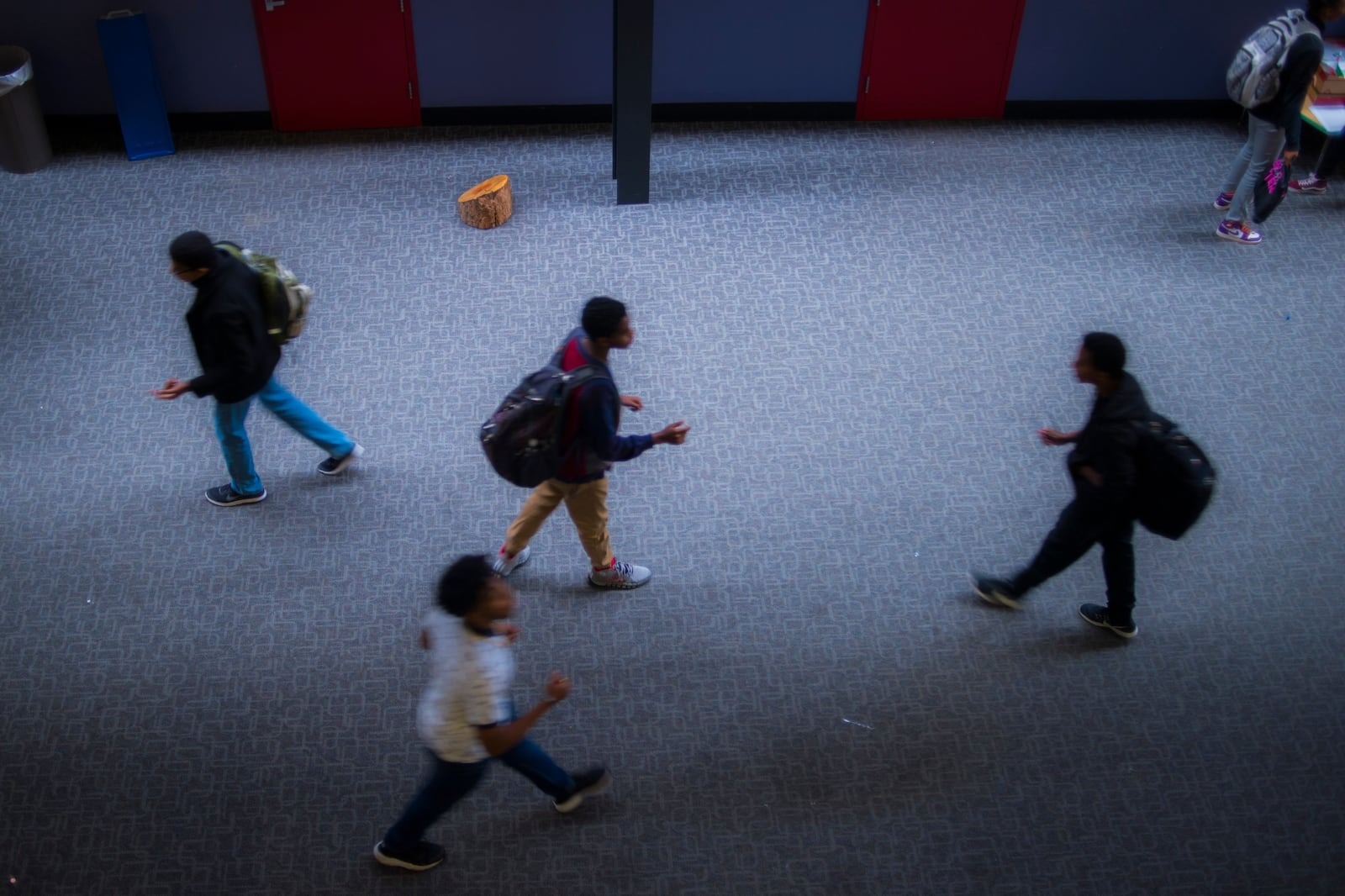
This story was originally published by Chalkbeat. Sign up for their newsletters at ckbe.at/newsletters.
By Yesenia Robles, Chalkbeat
As reports spread Tuesday that schools are no longer off-limits for immigration enforcement action, school leaders in the Denver metro area had just shared plans for how to respond if immigration agents show up at schools.
DSST, the local charter school network with schools in Denver and Aurora, shared its plan with families last week.
Over the last several weeks, the Denver and Aurora school districts have been sharing information with and training staff on how to respond.
“We’re trying to create an inclusive community,” said Danielle Felder, chief external affairs officer for the DSST network. “We wanted to offer as much reassurance as we can.”
The districts and charter network’s protocols for what to do are similar.
Building leaders are to gather information from agents including asking for a warrant before calling the district’s legal or security teams, or both.
Aurora and Denver’s plans suggest that ICE should wait outside the school. Or, “if it appears the officer is being cooperative, you can ask them to wait in an appropriate area of the front office,” Aurora’s guidance states.
If ICE has a valid judicial warrant, DSST’s plan states that the school hallways will be cleared and the building will be placed on hold, meaning everyone will stay in classrooms until ICE has left the building. Parents of any affected students will be contacted immediately.
“We will not encourage mixed status families or undocumented relatives to come to the school or otherwise interfere,” the plan says.
DSST’s and Denver’s plans remind staff that parents should be encouraged to update their emergency contact information and suggest that emergency contacts include one person who is not an immediate family member.
The school communications to staff and families include resource lists and links to other community organizations, including “Know your rights” booklets and information on how to create a family preparedness plan.
The communications to school leaders from Denver, Aurora, and DSST reiterate that schools cannot and should not be asking about a student or family’s immigration status. Aurora asks staff not to make guesses about which families need resources, either.
Denver’s communication also asks schools to encourage families to opt out of the school’s directory by filling out a form. According to the DPS statement, government agencies can ask for a school’s directory without a warrant or other legal justification.
Felder said that DSST also wanted its plan to reassure its staff, which includes Dreamers and people in the country on visas.
Unlike during the first Trump administration, Felder said school leaders feel more prepared this time.
After Trump took office in 2017, the Aurora school board voted on a resolution that May. Community organizations worked with parents and students to write it and asked the board to adopt it.
That resolution included a request that the district translate a February 2017 memo that outlined how to respond if ICE agents showed up at a school or requested information. The current memo dated Dec. 5, 2024 is an updated version of the 2017 guidance.
The 2017 resolution also asked the district to ensure there is a protocol for supporting students if a parent or caregiver does not show up to pick them up from school for whatever reason and calls on the district to make sure that family contact information is updated every year.
The resolution was meant as a declaration of support for the diverse community in Aurora.
In the current school year, more than 86% of Aurora district students identify as students of color, up from 82% cited in the 2017 resolution, and the district serves more than 40% students learning English as a new language, up from 36% in 2017.
Aurora has been cited as a possible target for early immigration enforcement because of national media attention on crime tied to Venezuelan gang members.
This year, the Aurora school board has been silent. Neither the Denver or Aurora school board has voted on any new resolutions in support of immigrant students or other marginalized students who may have concerns about policy changes during the new presidential administration.
A session at the Colorado Association of School Boards last month prompted school leaders to also think about how they may prepare to serve students and families if a large immigration raid is conducted in the community. Schools have shared little about plans for those scenarios.
Yesenia Robles is a reporter for Chalkbeat Colorado covering K-12 school districts and multilingual education. Contact Yesenia at [email protected].









